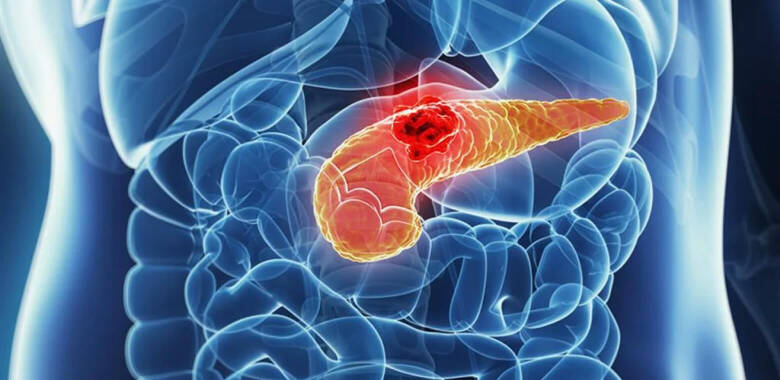Scientist at the Institute of Molecular Biology and Biochemistry of the Ministry of Education and Science of the Republic of Kazakhstan Bakhitzhan Alzhanuli has developed a special method of treatment of cicatricial diabetes.
He created unique cells using genome editing technology. During the transplantation of these cells, the pancreas not only produces insulin but also independently regulates the level of this hormone in the body.
According to the scientist, special parts of the pancreatic gland were created on the basis
of stem cells. The new treatment method was developed using CRISPR technology (Clustered Regularly Interspaced Short Palindromic Repeats) - short cluster DNA repeats. The Kazakh biotechnologist used this method of obtaining beta-cytes and obtained unique results: the created fragments of the pancreatic gland under the influence of light increase or decrease the level of insulin. Thus, people with diabetes do not need insulin therapy - new cells help to produce the natural hormone.
"Our work was to find modern methods of treatment of type I diabetes, namely for cellular therapy that will produce its own natural insulin. This has never happened in the world before," said Alzhanuli.
Cellular therapy for diabetes helps to normalize the function of the pancreas and has a number of significant advantages over the treatment with insulin and medications, such as:
- therapy is safe, without side effects or injuries;
- the procedure is quick;
- the cellular method helps to treat diabetes or significantly reduce the amount of insulin injected and not just relieve the symptoms;
- in most cases the complications caused by the disease disappear (diabetic retinopathy or angiopathy, trophic ulcer, etc.);
- the treatment efficacy of stem cells is high.
Bakhitzhan Alzhanuli began his research in the field of cellular therapy back in 2018 in Canada. The project was completed in 2021 in Almaty at the Institute of Molecular Biology and Biochemistry named after M.A. Aitkhozhin. This unique study is already being used in medicine at the experimental level, and the team of scientists continues to improve the acquired protocols.









